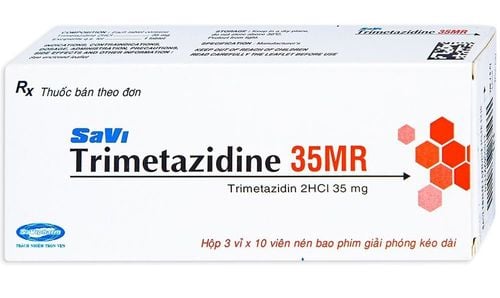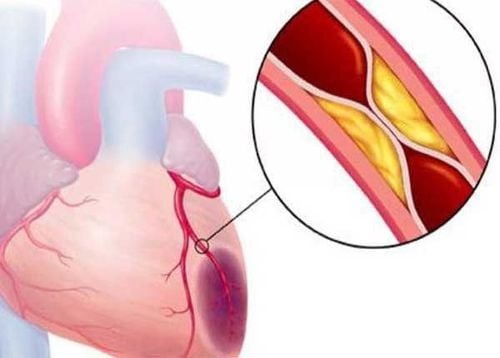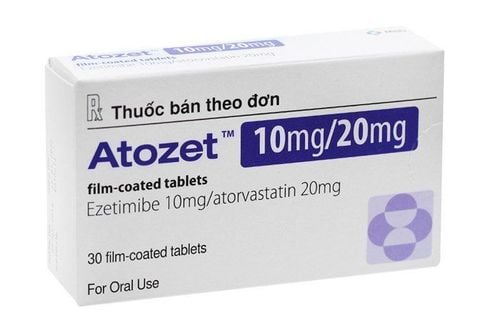This is an automatically translated article.
The article was professionally consulted by Specialist Doctor II Nguyen Quoc Viet - Department of Medical Examination & Internal Medicine - Vinmec Danang International General Hospital. The doctor has more than 20 years of experience in the examination and treatment of cardiovascular diseases and Interventional Cardiology.Angina is a common and typical symptom of coronary artery disease. In particular, unstable angina is a dangerous condition and requires urgent emergency care. If not treated promptly, it can be life-threatening.
1. What is unstable angina?
Angina is a common and typical symptom of coronary artery disease. Unstable angina, also known as acute coronary syndrome, occurs due to a sudden decrease in coronary blood flow to the heart muscle. This is a situation that requires urgent medical attention.Symptoms of unstable angina are mild or severe pain that causes discomfort in the chest, creating a feeling of tightness in the chest and a dull ache. This pain can then spread to other places such as the arm (especially the left arm area), neck, shoulder, and jawbone.
In addition, the patient may experience shortness of breath, nausea, sweating, exhaustion. Compared with stable angina, the symptoms of unstable angina are more intense, longer lasting, and often come on suddenly, even when the patient is at rest (as opposed to stable angina, which occurs when the patient is at rest). exertion). The pain may come on more and more with increasing intensity and may get worse after a very short period of time.

2. Is unstable angina dangerous?
Unstable angina is very dangerous, it can not only lead to acute myocardial infarction but also can cause sudden death if not treated promptly. However, even with timely emergency treatment, the patient is still at risk of sequelae.There are many options for treating angina, including lifestyle changes, medications, angioplasty and stenting, or coronary artery bypass surgery. The goals of treatment are to reduce the frequency and severity of your symptoms and reduce your risk of heart attack and death. For patients with unstable angina, it is important to get them to the emergency room as soon as possible.
Treat unstable angina with bed rest, antiplatelet and thrombolytic agents (if available), anti-ischemic agents with nitroglycerin and beta-blockers (especially in the presence of tachycardia), block calcium influx. After treatment, 90% of patients can be pain free.
Patients who are not anemic after drug therapy should undergo coronary angiography and undergo early reperfusion with angioplasty or bypass. It should be noted that even though unstable angina has subsided slightly, there may still be recurrent episodes of infarction and sudden death, so patients need to follow the doctor's instructions, even after discharge from the hospital. It is necessary to have a follow-up examination as well as to use the correct and sufficient medicine according to the doctor's orders.

3. How to prevent unstable angina?
You can prevent unstable angina with lifestyle changes and may improve symptoms if you've had angina. Because heart disease is often the cause of angina, you can reduce or prevent angina by reducing your risk factors for heart disease. Making lifestyle changes is the single most important step you can take.If you smoke, stop smoking. Avoid exposure to smoke. Limit alcohol consumption to two or less drinks a day for men and one drink a day or less for women. Monitor and manage other health conditions, such as high blood pressure, high cholesterol, and diabetes Eat a healthy diet and maintain a healthy weight Do regular, gentle exercise Reduce stress Get a flu shot every year to avoid heart complications from the virus.

Please dial HOTLINE for more information or register for an appointment HERE. Download MyVinmec app to make appointments faster and to manage your bookings easily.
Article referenced source: mayoclinic.org













